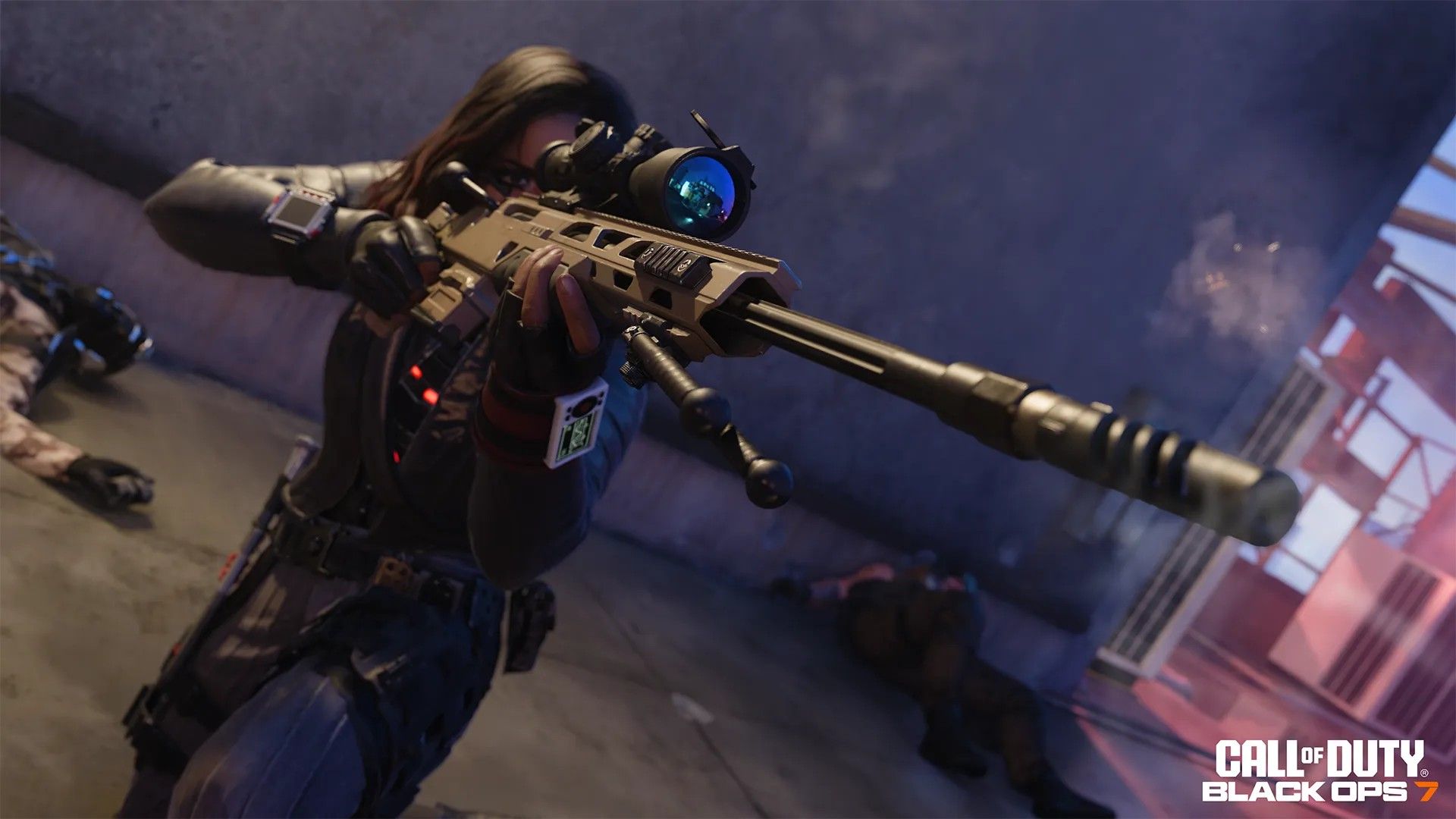
Sharon Kirkwood was a vibrant, active mother of two when she first noticed an unusual ache in her leg while playing netball. At just 33 years old, she dismissed the discomfort as a sign of aging or exhaustion. However, within two years, Sharon faced a life-altering diagnosis: Motor Neurone Disease (MND), a condition previously rare among young adults.
Reflecting on her initial symptoms, Sharon, now 41, recalls, “Looking back, I do remember feeling just a little bit more uncoordinated than normal – kind of like my body couldn’t quite make the move that my brain was trying to tell me to make.” At the time, Sharon was balancing a demanding career as a teacher with the responsibilities of raising her sons, Harrison and Hayden, alongside her husband Adam in Canberra.
Early Signs and Misdiagnosis
Initially attributing her symptoms to fatigue, Sharon’s condition worsened by September 2017. She began to limp noticeably, struggling to keep her sandal on her right foot during family trips. Despite these signs, life’s demands delayed her pursuit of medical advice. When she finally consulted a doctor, scans ruled out multiple sclerosis and a brain tumor, but her symptoms persisted.
A neurologist detected weakness in her limbs but dismissed her concerns as psychosomatic, advising relaxation and yoga. Sharon’s persistence led her to seek a second opinion, which ultimately resulted in a referral to an MND specialist. In April 2018, Sharon received the devastating confirmation she had feared: she had MND.
Understanding Motor Neurone Disease
MND is a progressive neurological disorder that attacks the nerve cells controlling essential muscle functions such as movement, speech, and breathing. As these nerves degenerate, muscles weaken and waste away, leading to paralysis. The disease is terminal, with most patients succumbing within two to five years of diagnosis. Notable figures such as Stephen Hawking and Lou Gehrig have also battled this condition.
“MND is the cruellest disease imaginable,” states leading neurologist Dominic Rowe, a sentiment echoed by Sharon as she navigates her daily challenges.
Living with MND: Sharon’s Journey
Despite the grim prognosis, Sharon’s practical mindset helped her cope with the diagnosis. “It was probably more of a relief to actually have an answer and be able to start taking action,” she explains. However, the subsequent years have been fraught with loss, as she gradually lost her ability to walk, speak, and perform everyday tasks independently.
Sharon’s children were too young to fully understand her condition at the time of diagnosis, allowing her to introduce the concept of MND gradually. “It was more gradual discussions as I progressed,” she shares. Yet, as her eldest son grew older, he began to express concerns about her health, fearing the possibility of her death.
Today, seven years post-diagnosis, Sharon relies on a comprehensive care team and assistive technologies like an eye-gaze computer to communicate. Her physical independence has diminished significantly, but her spirit remains resilient.
Advocacy and Gratitude
Despite the challenges, Sharon maintains a positive outlook, focusing on gratitude and advocacy. “I try to focus on finding things to be grateful for and I can find them every day,” she says. Her experience has reshaped her perception of life, prompting her to cherish moments with her family and advocate for MND research and awareness.
“MND has taken so much from me, but I refuse to let it take my positive attitude,” Sharon asserts, embodying resilience in the face of adversity.
While there is currently no cure for MND, Sharon’s dedication to raising awareness and participating in clinical trials offers hope for future advancements. Her story is a testament to the strength of the human spirit and the power of advocacy in the face of seemingly insurmountable challenges.





